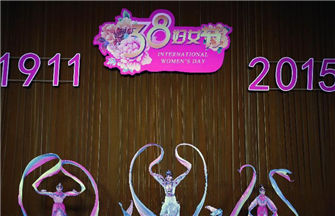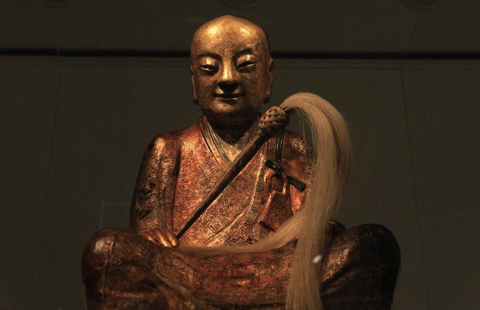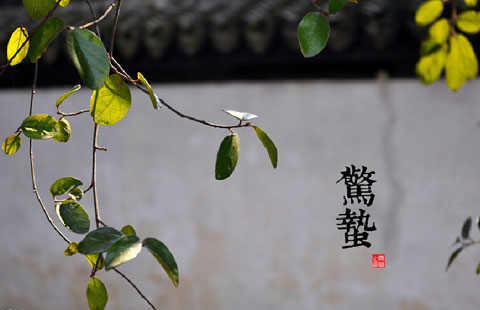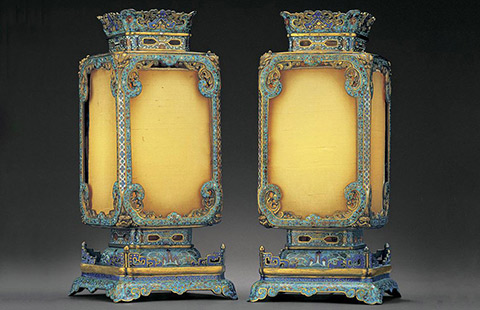Dancing to her own beat
By Chen Nan ( China Daily ) Updated: 2015-03-16 08:02:40
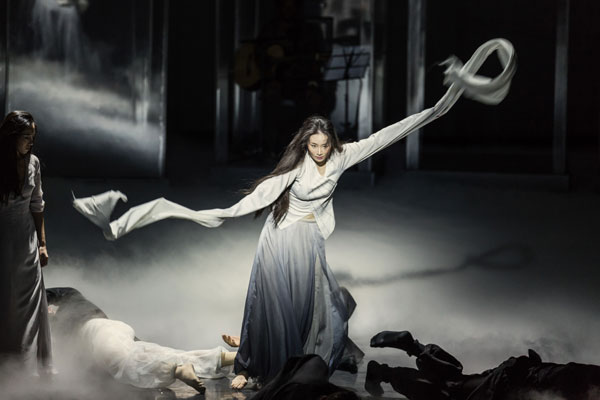 |
|
Genesis,a dance work of Wang Yabin (center) choreographed by Sidi Larbi Cherkaoui.[Photo by Zhang Yi / For China Daily] |
Dancer-choreographer Wang Yabin takes part in an all-female production to show 'rich inner world' of today's Chinese women. Chen Nan reports.
Every year since 2009, dancer-choreographer Wang Yabin, 32, has gathered dancers from around the world to take part in her annual production, Yabin and Her Friends.
It is work that she finds hugely fulfilling and allows her to collaborate with inspirational artists from different places.
In 2014, she invited the former star of Alvin Ailey American Dance Theater, Elizabeth Roxas-Dobrish, to be part of the program. Roxas-Dobrish and Wang choreographed a 60-minute dance work, Dream in Three Episodes. Wang was inspired by the 56-year-old American, who shows no sign of slowing down in the dance floor, and the collaboration prompted her to reflect on what was next in her own life. In addition, it made her ask what a career might look like for a modern, Chinese female independent dancer-choreographer who has to juggle cultural expectations, motherhood and her own artistic ambitions.
With these ideas lingering in her mind, Wang received a letter from Tamara Rojo, a former prize-winning ballerina and now artistic director of the English National Ballet, who invited Wang to be one of three female choreographers of a new female-themed dance project for the 2016 English National Ballet program.
"To get involved in such a program at that point of my life, is it coincidence or destiny? I said 'yes' immediately," Wang tells China Daily.
Titled She Said, the dance work, which will open at Sadler's Wells Theatre, London in April 2016, is a work by Wang and choreographers Aszure Barton from Canada and Colombian-Belgian Annabelle Lopez.
Wang, from Tianjin, started learning traditional Chinese folk dance at the age of 6. She is a graduate of the Beijing Dance Academy and is best known for a dance sequence in Zhang Yimou's 2004 movie House of Flying Daggers and her performances at CCTV's Spring Festival galas.
She could have gotten a stable job in a national singing and dancing troupe, but Wang prefers to challenge herself by working independently.
"In the past, Chinese women used to be subordinate to men and just focused on family life. But now, modern Chinese women can be very feminine and as tough as men at the same time. Our roles in society have drastically changed. I want to display the rich inner world of today's Chinese women to global audiences," Wang says.
|
|
|
|
|
|
|
|


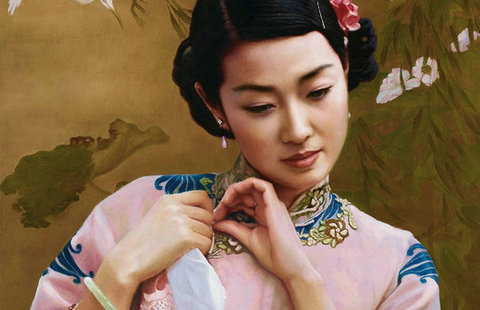
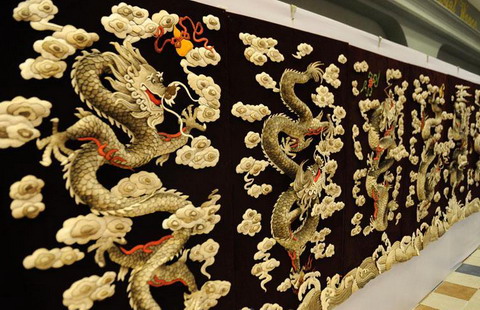

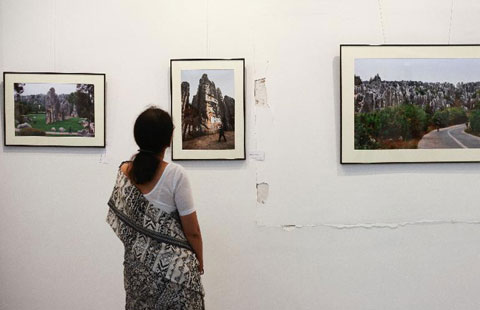
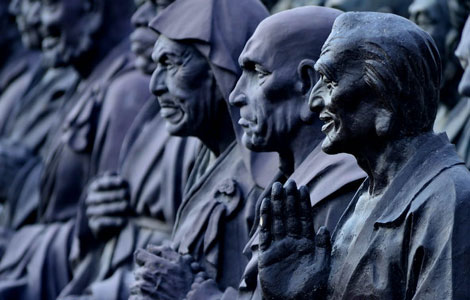
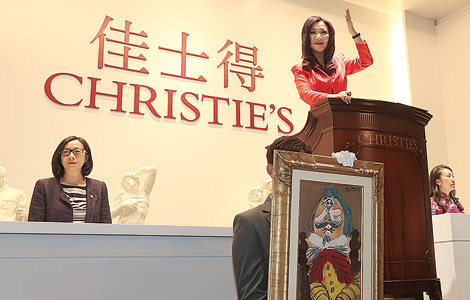













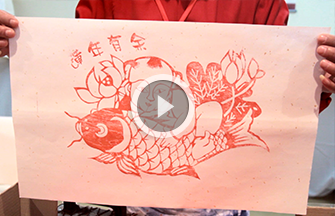
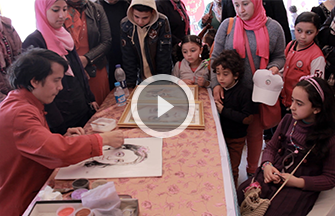
 Raymond Zhou:
Raymond Zhou: Pauline D Loh:
Pauline D Loh: Hot Pot
Hot Pot Eco China
Eco China China Dream
China Dream China Face
China Face
